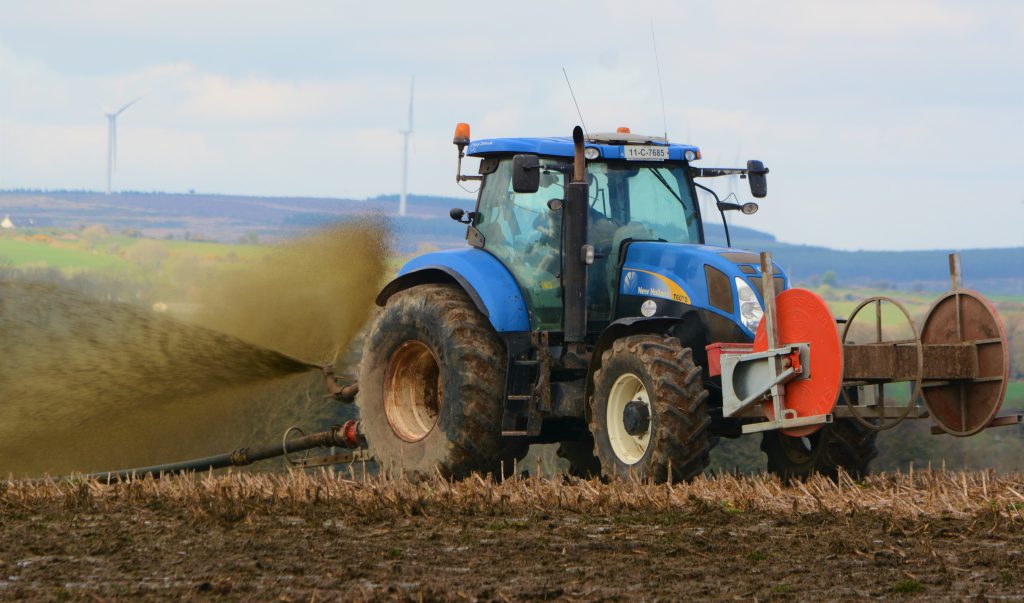A Senedd committee inquiry report into the Control of Agricultural Pollution Regulations 2021, which introduced a Nitrate Vulnerable Zone (NVZ) across the whole of Wales, reflects many of the serious, long-standing concerns about the impact the regulations will have on the industry in Wales, according to NFU Cymru.
The release of the Economy, Trade and Rural Affairs (ETRA) committee’s report today (Wednesday, June 8) follows the inquiry into Welsh government’s Control of Agricultural Pollution Regulations after Plenary unanimously tasked the committee to review this controversial piece of legislation.
NFU Cymru has previously submitted both written and oral evidence to the inquiry.
NFU Cymru president Aled Jones gave evidence to the inquiry on behalf of NFU Cymru.
He said: “NFU Cymru believes that these regulations are unworkable and pose a significant threat to the economic viability of Welsh farming, the overall impact of which cannot be overstated.
“These regulations make the whole of Wales an NVZ, attracting disproportionate requirements which will be detrimental to the whole farming sector.
“We welcome the committee’s recommendations to Welsh government, including the reintroduction of the derogation allowing qualifying grassland farms to spread up to 250kg/ha of nitrogen; the lack of this derogation, in effect, places a de facto stocking limit on Welsh farms which will impact farm viability, critical mass in the supply chain and employment.
“I am pleased that the committee in its recommendations recognises the very real risks that tenant farmers and those farmers suffering a bovine TB breakdown face in seeking to achieve compliance with these regulations.
“We continue to believe that Welsh government’s regulatory impact assessment has failed to properly consider the impact of the regulations on these farming businesses.

“The committee has also rightly recognised the need for clarity from government around the support and funding that will be made available to fund a regulation that the government’s own impact assessment has estimated to cost the industry £813.5 million over 20 years, with £360 million upfront capital costs.
“Many farms are also finding it very, very difficult to get infrastructure improvements through the planning regime.
“The committee is right to ask the minister to set out her considerations as to how the planning system will cope with the consequences of the work associated with these regulations.”
Concluding, Jones said: “We are grateful to the committee members for the work they have undertaken on this inquiry.
“In line with the committee’s recommendation, the Welsh government should now review the regulations at the earliest opportunity.”

